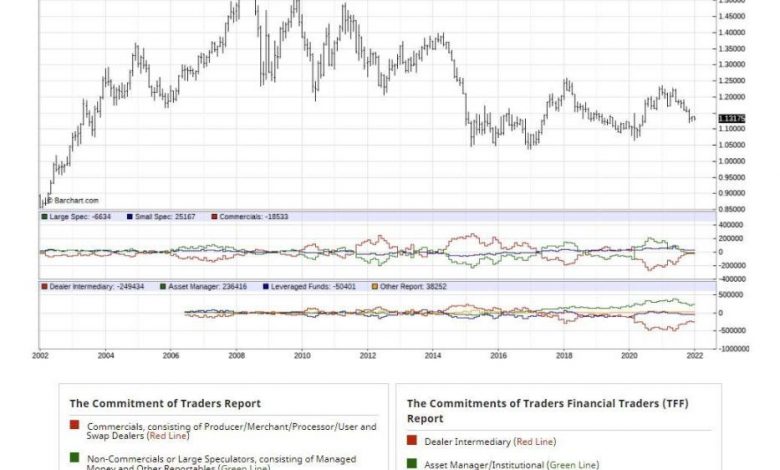The Impact of Market Sentiment on Forex Market Direction

The Impact of Market Sentiment on Forex Market Direction
Introduction
Market sentiment plays a crucial role in determining the direction of the forex market. Understanding market sentiment can give forex traders an edge by allowing them to anticipate market movements and make informed trading decisions. In this blog post, we will explore the impact of market sentiment on forex market direction and its significance in forex trading.
What is Market Sentiment?
Market Sentiment Definition
Market sentiment refers to the overall attitude or feeling of investors and traders towards a particular financial market. It can be categorized as bullish (positive sentiment), bearish (negative sentiment), or neutral (no clear sentiment). Market sentiment is influenced by various factors, including economic indicators, geopolitical events, and investor behavior.
Why is Market Sentiment Important in Forex Trading?
Market sentiment is important in forex trading because it provides insight into the collective thinking of market participants. It helps traders gauge the potential direction and strength of the forex market, guiding them in their trading decisions. By understanding market sentiment, traders can align their strategies with the prevailing sentiment, increasing their chances of success.
How Does Market Sentiment Impact Forex Market Direction?
1. Price Movements
Market sentiment can cause price movements in the forex market. During periods of bullish sentiment, traders are optimistic and tend to buy currencies, leading to an increase in demand and a rise in prices. Conversely, during bearish sentiment, traders are pessimistic and tend to sell currencies, resulting in a decrease in demand and a decline in prices. Understanding the prevailing sentiment can help traders anticipate and profit from these price movements.
2. Volatility
Market sentiment also affects market volatility. During periods of high sentiment, when traders have strong convictions about market direction, volatility tends to increase. This increased volatility presents opportunities for traders to profit from larger price swings. Conversely, during periods of low sentiment, when there is uncertainty or complacency, volatility may decrease, making it more challenging to find profitable trading opportunities.
3. Risk Appetite
Market sentiment has a significant impact on risk appetite. During periods of bullish sentiment, when optimism is high, traders are more willing to take risks and invest in higher-yielding currencies or riskier assets. On the other hand, during periods of bearish sentiment, when fear and uncertainty dominate, traders tend to seek safe-haven currencies or less risky assets. Understanding market sentiment helps traders assess risk and adjust their trading strategies accordingly.
Frequently Asked Questions (FAQs)
Q: How can I gauge market sentiment in the forex market?
There are various ways to gauge market sentiment in the forex market. You can analyze technical indicators, such as moving averages or oscillators, to identify shifts in sentiment. Additionally, monitoring economic news releases, geopolitical events, and social media sentiment can provide valuable insights into market sentiment.
Q: Can market sentiment change quickly?
Yes, market sentiment can change rapidly. It can be influenced by unexpected events, economic data releases, or shifts in investor sentiment. Traders should stay updated with market news and be prepared to adapt to changing sentiment to maximize their trading opportunities or manage their risk effectively.
Q: How can I use market sentiment in my forex trading strategy?
Market sentiment can be incorporated into your trading strategy by aligning your trades with the prevailing sentiment. For example, during bullish sentiment, you may consider buying currencies with strong fundamentals or trading in line with the overall market trend. Conversely, during bearish sentiment, you may focus on short-selling or trading on bearish signals. However, it’s essential to combine market sentiment analysis with other technical and fundamental analysis tools for a comprehensive trading approach.
Conclusion
Market sentiment plays a crucial role in determining the direction of the forex market. By understanding market sentiment and its impact on forex market direction, traders can gain valuable insights and make informed trading decisions. By incorporating market sentiment analysis into their strategies, traders can increase their chances of success in the dynamic forex market. Stay tuned for more news, analysis, and tips on forex trading and market sentiment!



